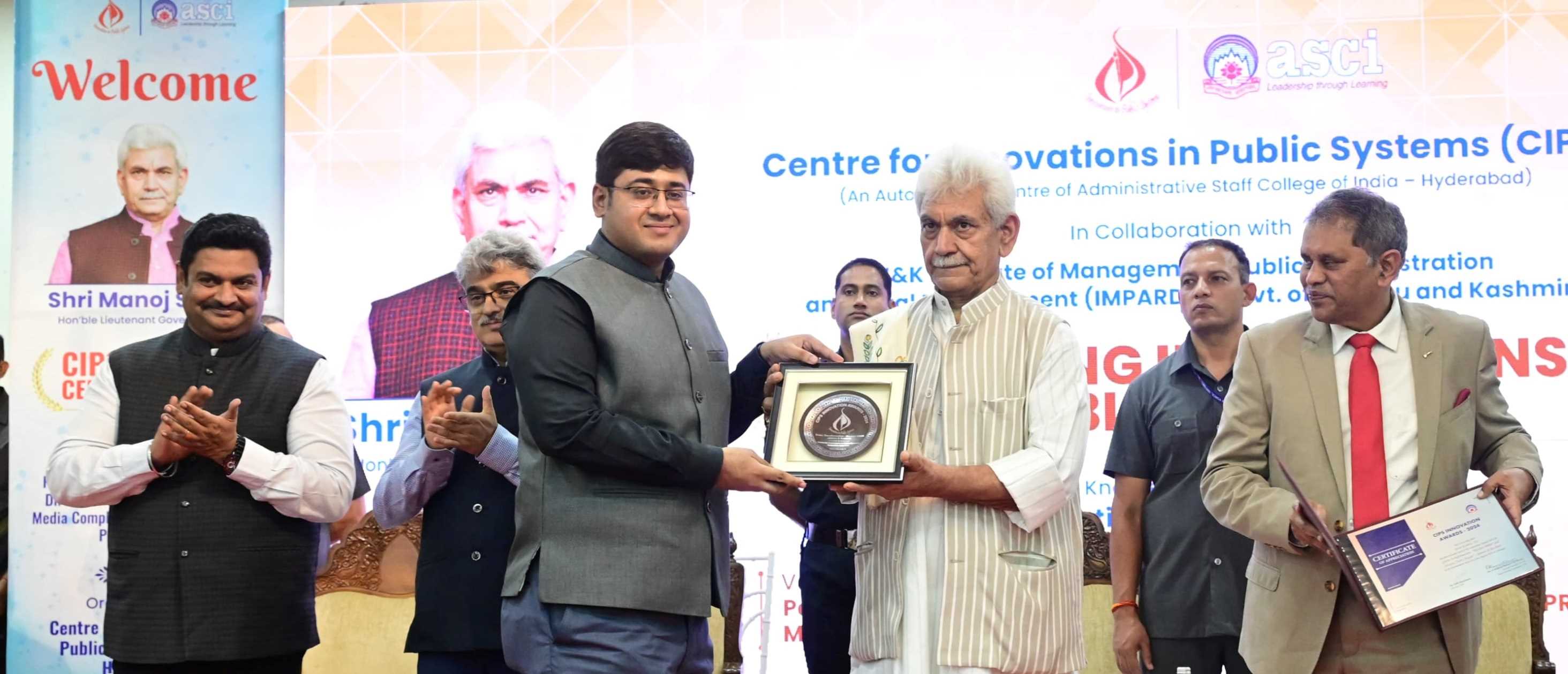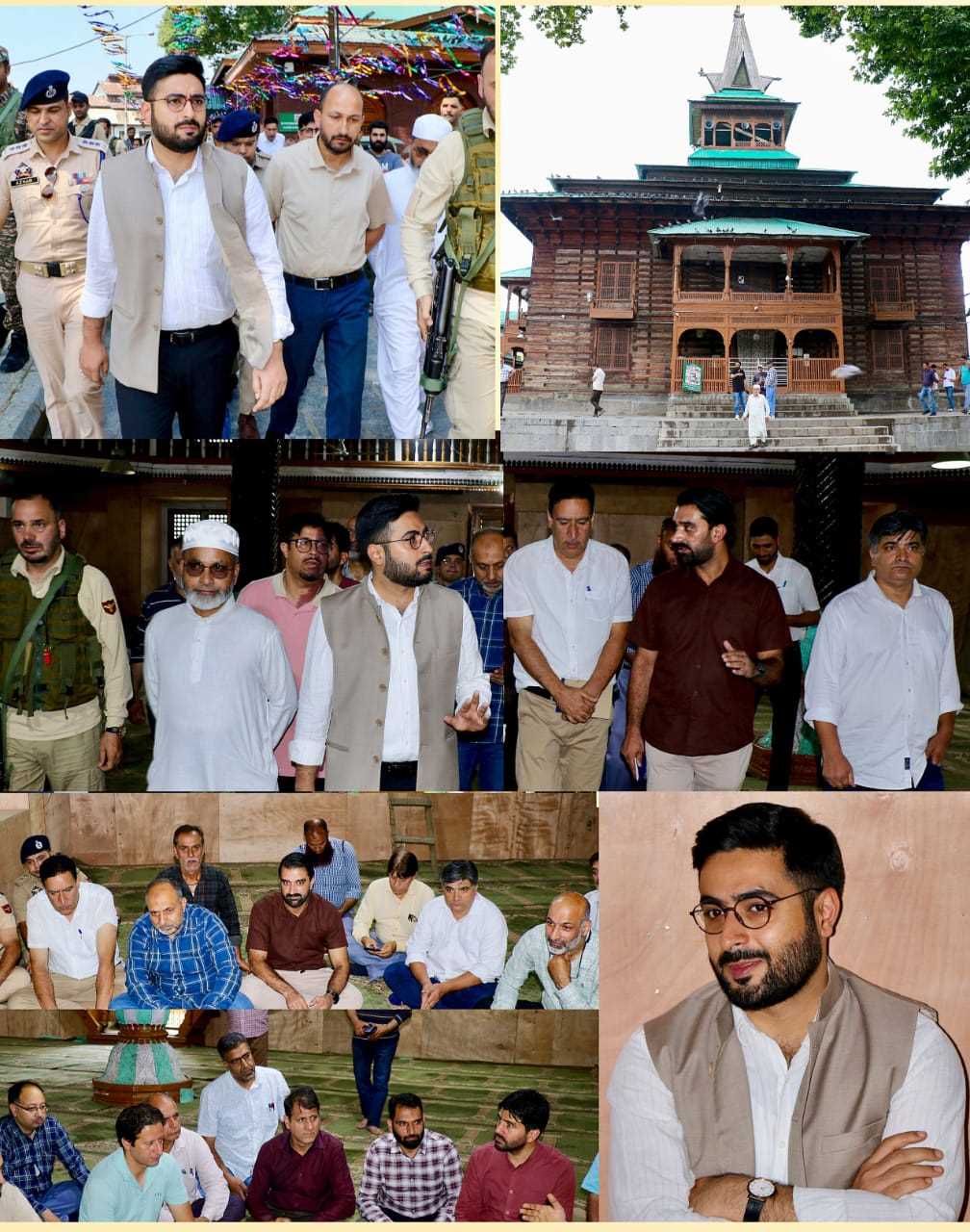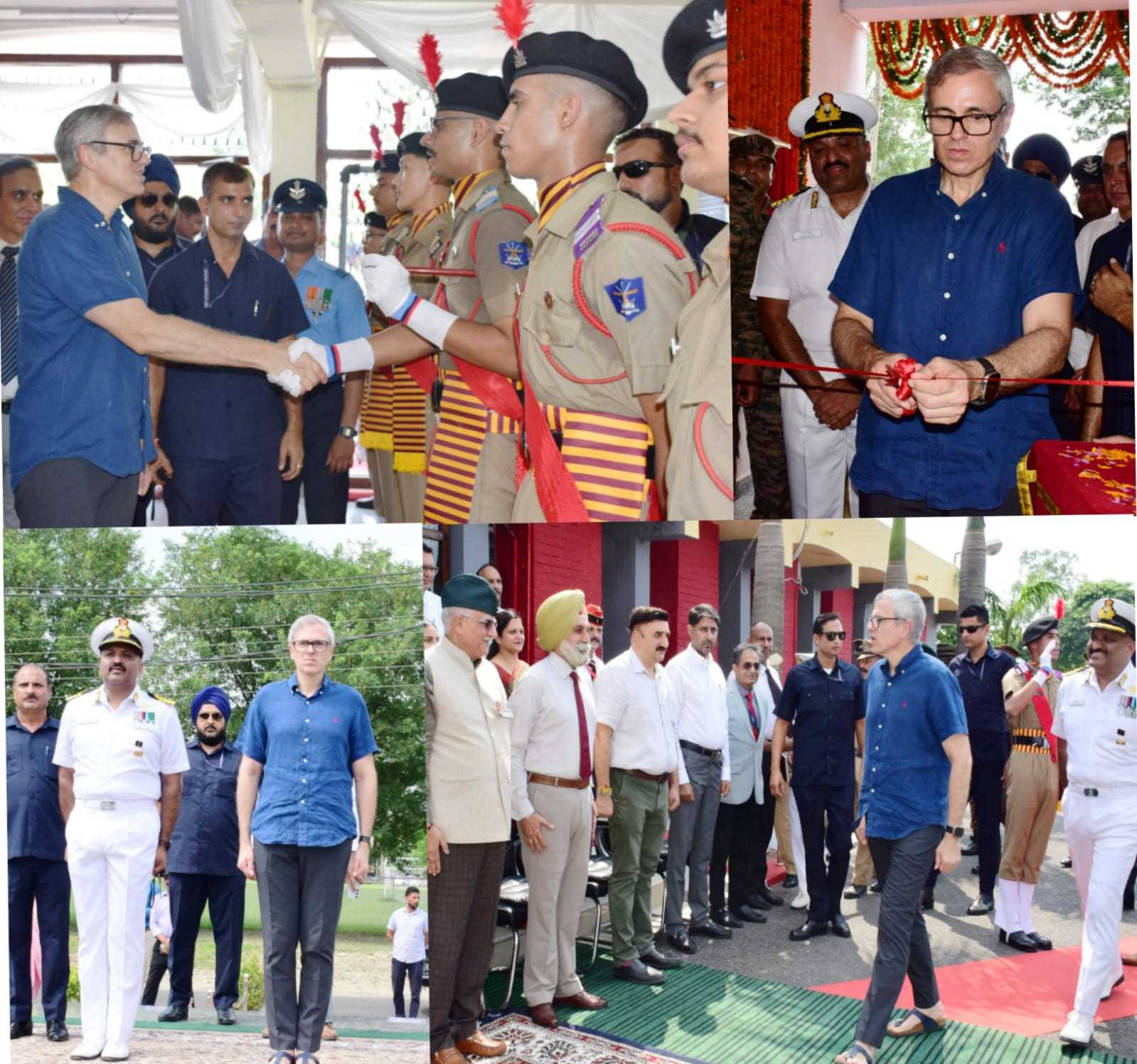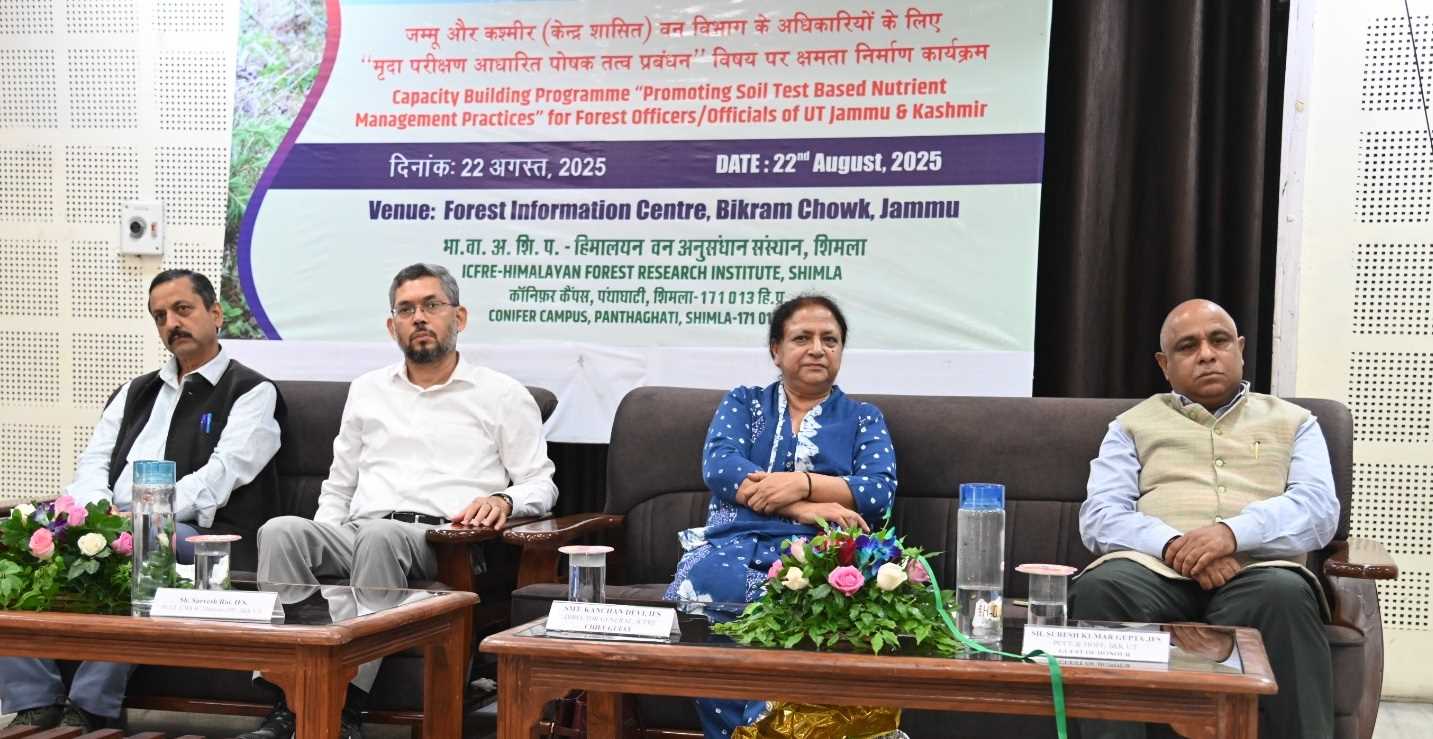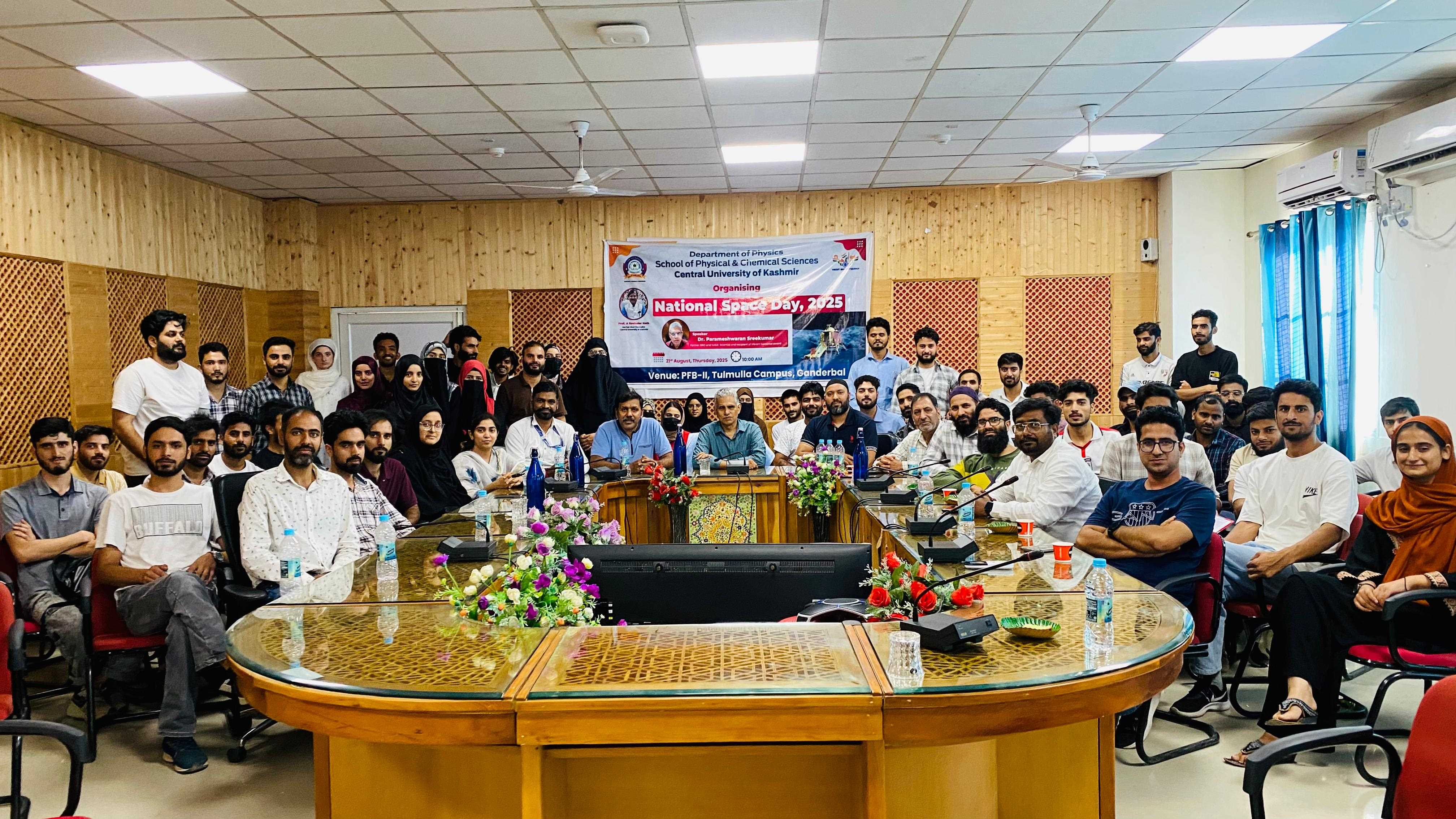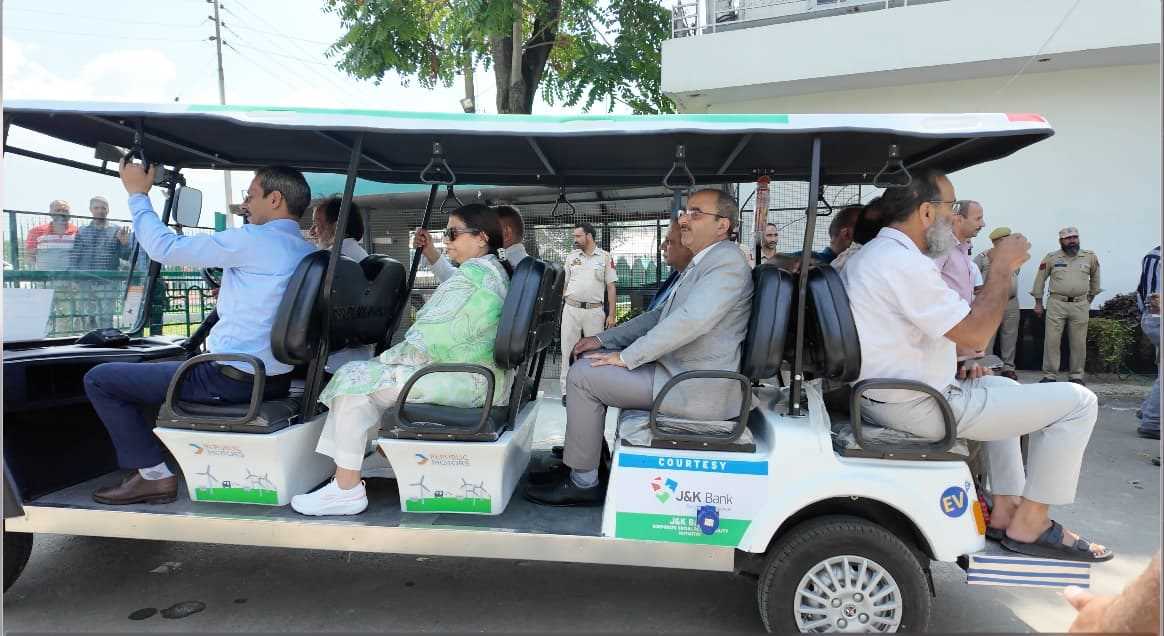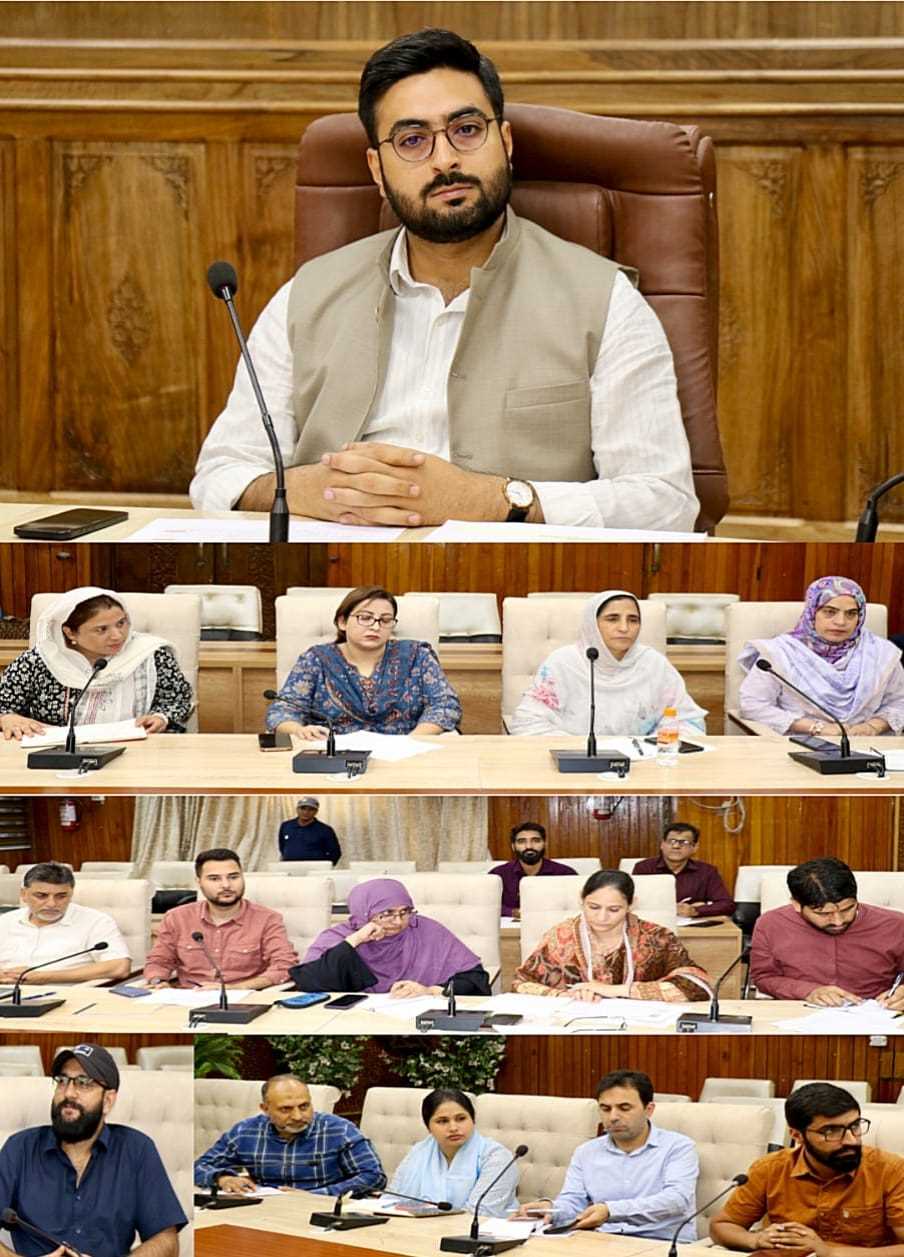Chief Secretary of Jammu & Kashmir, Atal Dulloo, chaired a high-level review meeting to assess progress on his flagship initiative aimed at creating an inclusive and dynamic skilling ecosystem under the “Skilling for All” mission. The plan is envisioned to cater to the diverse capabilities of J&K’s population by integrating vocational education, industry-driven training, and career development pathways.
Senior officials, including the Commissioner Secretary of Labour & Employment, Managing Director of the Skill Development Mission, Director General of Budget, and others, were present during the meeting.
Applauding the swift response of the department following the July stakeholders’ conference, Dulloo emphasized the importance of maintaining momentum and incorporating feedback from a wide array of stakeholders — including academic institutions like IIT/IIM Jammu, NABARD, and J&K Bank — to strengthen the skilling strategy.
Blueprint Highlights:
Secretary of Labour & Employment, Kumar Rajeev Ranjan, shared that the department had already hosted a two-day conference titled ‘Transforming Skilling Ecosystem in Jammu & Kashmir’, bringing together over 100 delegates from 7 departments, 6 industry partners, and 4 academic institutions. Insights from this event and follow-up multi-stakeholder discussions have been compiled into a comprehensive report.
The department is also conducting surveys to evaluate institutional capacity, industry needs, and youth aspirations — laying the foundation for a multi-pillar skilling roadmap.
The Four-Pillar Strategy Includes:
Universal Foundational Skilling:
Introduction of vocational modules from school level, covering coding, AI, communication, innovation, and career awareness.
Launch of ‘Techniche’ and ‘Technotholon’ competitions in partnership with IIT Jammu to drive innovation among students.
Introduction of ‘Career Launchpad’ in colleges, offering training in web design, digital marketing, tourism skills, and more.
A ‘College Finishing Skills’ boot camp for final-year students to prepare for job markets and interviews.
Integration of credit-based apprenticeships and internships into degree programs.
Support for Meritorious Students:
Launch of ‘Udaan Scholarship’ to offer coaching support for competitive exams (JEE, NEET, IAS, JKAS).
Facilitation of international placements through training aligned with global standards (IELTS, AWS, NCLEX, etc.).
Establishment of international placement cells and foreign language training hubs.
Industry-Aligned Tech Skills:
Upgradation of curriculum and infrastructure in ITIs.
Trainer development programs and industry collaborations under the Hub & Spoke model.
Implementation of dual training models with both classroom and on-job exposure.
Lifelong Skilling & Entrepreneurship:
Skilling support in sectors like horticulture, handicrafts, eco-tourism, agro-processing, and IT services.
Skill loans, second-chance education, and entrepreneurship support.
Training in packaging, branding, and logistics to boost export potential for products like saffron and dry fruits.
Monitoring and Accountability:
To ensure rigorous implementation, a ‘Kaushal Samiksha Kendra’, modelled after Gujarat’s Vidya Samiksha Kendra, will be set up. It will utilize AI-based monitoring and a 6A framework for tracking attendance, assessments, certifications, and institutional accreditation.
The Chief Secretary concluded the meeting by releasing the compiled report of the July skilling conference, to be circulated among all stakeholders for further action.


